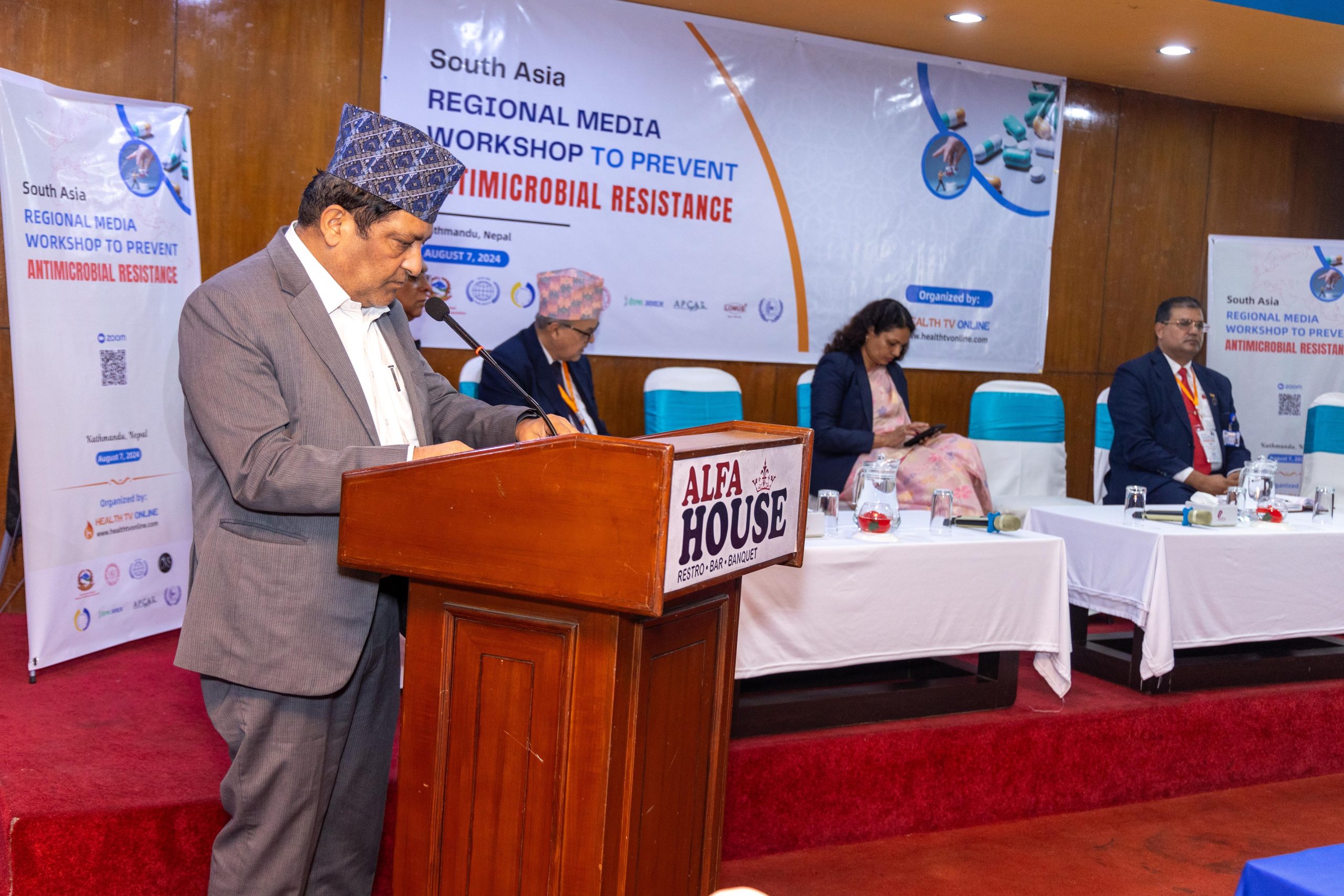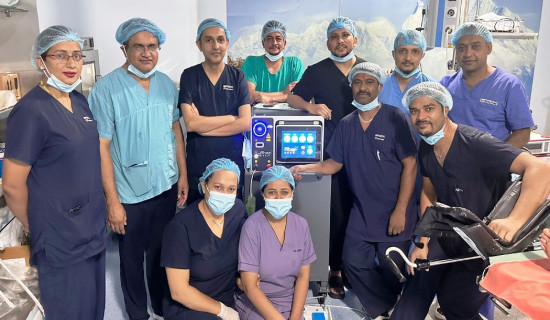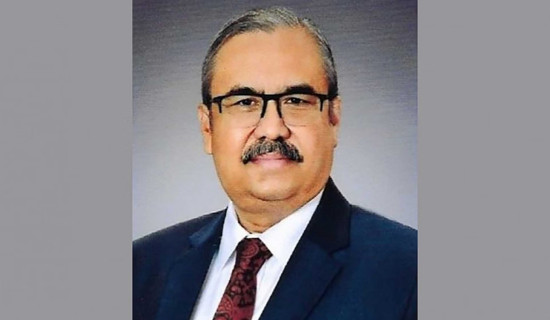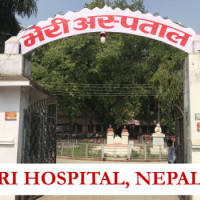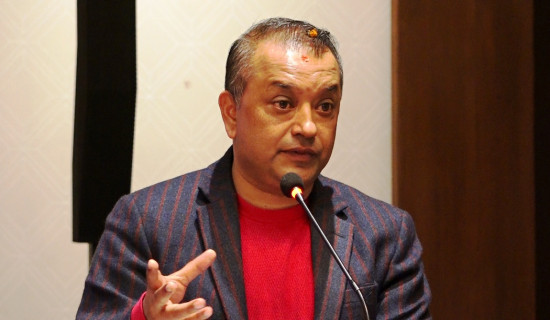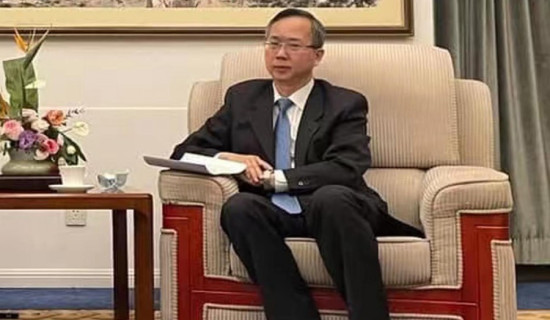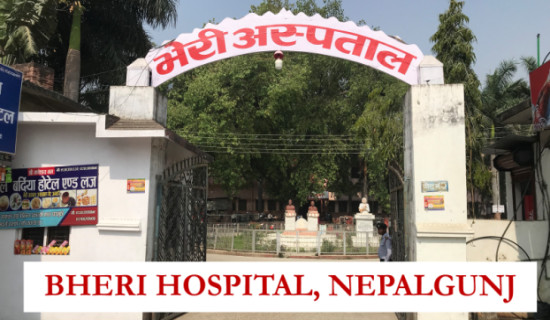- Saturday, 10 August 2024
Stakeholders stress for rational use of antibiotics
By TRN Online, Kathmandu, Aug 9: Stakeholders have stressed the need to stop the widespread practice of prescribing medication irrationally in order to prevent antimicrobial resistance (AMR).
Speaking at the South Asia Regional Media Workshop on Antimicrobial Resistance, Dr Roshan Pokharel, Secretary at the Ministry of Health and Population (MoHP), said that concerted efforts at the local level are needed to curb the irrational use of antibiotics. Dr Pokharel said that the government has already implemented several policy measures to address this issue, but now it is crucial to focus on their effective implementation.
Dr. Pokharel highlighted that AMR has become one of the major public health challenges, and it is imperative for all stakeholders to recognise the gravity of the situation. He emphasised that if the media plays a proactive role in disseminating accurate information, it could help mitigate the AMR problem to some extent. Dr. Sangita Mishra, Director General of the Department of Health Services, urged the media to raise awareness about the misuse, overuse, and irrational use of antibiotics without the prescription of doctors. Mishra asked the media to question not only the public but also the doctors who prescribe antibiotics.
On the occasion, Dr. Tanka Barakoti, additional secretary at the MoHP, said that no new antibiotics have been developed in the last 30 years and thus highlighted the rational use of existing antibiotics.
Dr Bikash Devkota, additional secretary of the MoHP, warned that if the government and stakeholders do not unite to control the rampant use of antibiotics, it will be challenging to safeguard future generations. Dr. Rajesh Sambhajirao Pandav, WHO Nepal's representative, noted that AMR is one of the top ten global public health threats, calling for collective action to address it. Dr. Madan Upadhyay, Head of the Quality Measurement and Monitoring Division, presented the government's efforts to combat AMR in Nepal.
Dr Samjhana Kafle, joint secretary at the Ministry of Agriculture and Livestock Development, said that AMR is one of the four pillars of the One Health approach, stressing the need for inter-ministerial coordination and collaboration to tackle the issue. Dr. Pramod Joshi, member secretary of the Nepal Health Research Council, said that the research studies would aid in policy reforms regarding AMR. Shobha Shukla, managing editor of CNS India and chairperson of the Global AMR Media Alliance, warned that the irrational use of antibiotics is making even treatable diseases more complicated and time- and cost-consuming.
Kalpana Acharya, Editor of Health TV Online and Chairperson of the South Asia Regional Media Workshop to Prevent AMR, said that AMR-related news and articles are rare in the media due to the technical nature of the subject. She highlighted the need for the government to engage in more discussions and interactions with journalists to raise awareness about AMR.

